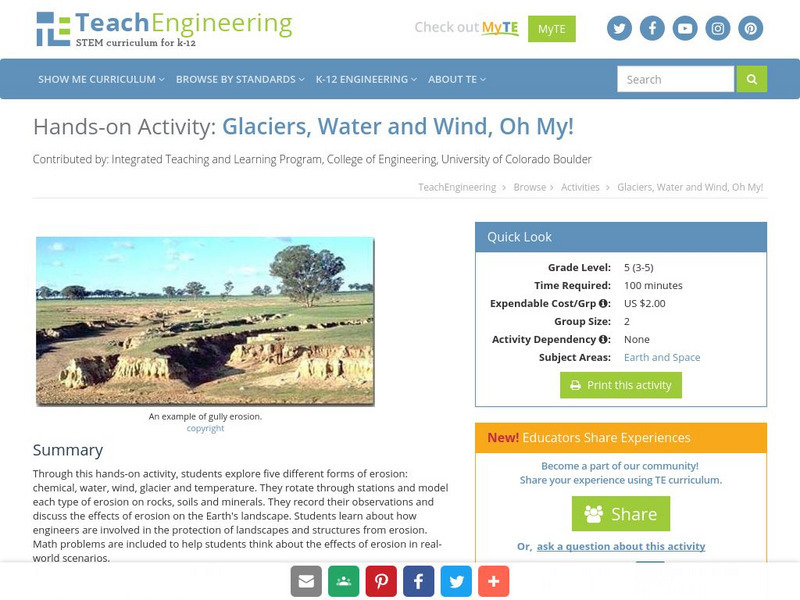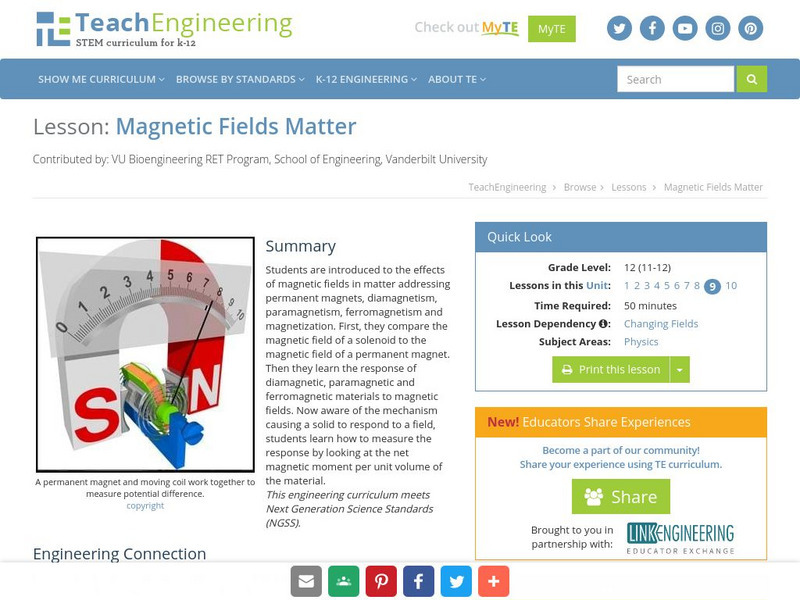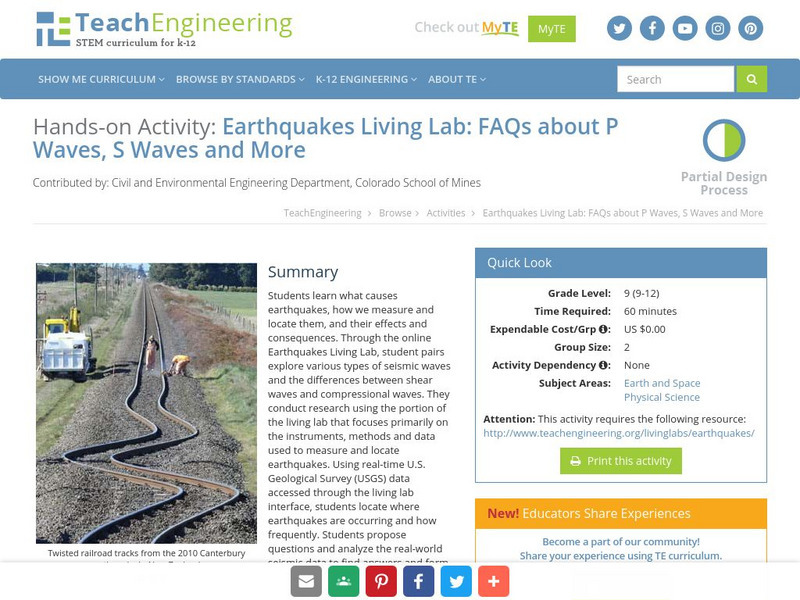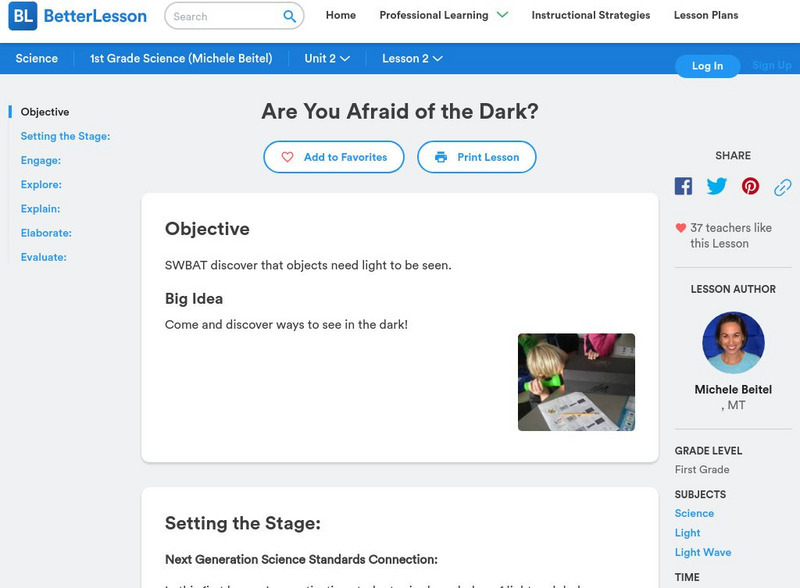ClassFlow
Class Flow: Herbie and Annabelle
[Free Registration/Login Required] This flipchart teaches the comprehension skill of cause and effect has web links to practice cause and effect, uses a word web to build background knowledge before reading the selection story and it...
University of South Florida
Fcat Reading Grade 4: Teaching Strategies
This is a great resource that concentrates strategies and student activities in one place in an easy to use format, and can be navigated easily. Find great examples of probable passage, selective underlining, and semantic feature...
The Wonder of Science
The Wonder of Science: K Ps2 1: Pushes, Pulls, and Motion
Teaching students about pushes, pulls, and motion? Use this site to plan lessons for students to conduct investigations to compare the effects on the motion of an object when pushes or pulls come from different directions or strengths.
TeachEngineering
Teach Engineering: Air Pollution
Students are introduced to the concept of air quality by investigating the composition, properties, atmospheric layers and everyday importance of air. They explore the sources and effects of visible and invisible air pollution. By...
TeachEngineering
Teach Engineering: Environment
Through 10 lessons and more than 20 hands-on activities, students are introduced to the concept of an environment and the many interactions within it. As they learn about natural and human-made environments, as well as renewable and...
Daily Teaching Tools
Daily Teaching Tools:more Graphic Organizers for Teaching Literature and Reading
This Daily Teaching Tools collection provides graphic organizers for teaching reading and literature. Elaborate graphic organizers are provided for the following: story maps, character study charts, making text connection maps, conflict...
Scholastic
Scholastic: Investigating Nonfiction Part 3: Independent and Guided Reading
This article provides tips for using nonfiction with guided reading and independent reading. The following strategies are shared: ways to help kids select "just right" nonfiction books; lessons to use with nonfiction in guided reading...
Daily Teaching Tools
Daily Teaching Tools: Test 9: Ben's Harmonica
This Daily Teaching Tools resource provides a reading assessment passage. This passage contains a brief biography about Ben Franklin and a few of his inventions.
TeachEngineering
Teach Engineering: Better by Design
The purpose of this activity is to use a scientific method to determine the effect of control surfaces on a paper glider. The students will construct a paper airplane/glider and test its performance to determine the base characteristics...
TeachEngineering
Teach Engineering: The No Zone of Ozone
Students explore the causes and effects of the Earth's ozone holes through discussion and an interactive simulation. In an associated literacy activity, students learn how to tell a story in order to make a complex topic (such as global...
TeachEngineering
Teach Engineering: Blood Clots, Polymers and Strokes
Students are introduced to the circulatory system with an emphasis on the blood clotting process, including coagulation and the formation and degradation of polymers through their underlying atomic properties. They learn about the...
ReadWriteThink
Read Write Think: Sequence of Events Chart
A printable graphic organizer to help students sequence events and recognize cause and effect relationships within a story. Directions on how to use this graphic organizer as well as lists of teaching ideas and related resources are also...
Other
Nclr: The Essentials of Teaching Reading
Find out what the essentials are for teaching reading. This site provides vital information for teachers in developing the most successful reading program for their students.
The Wonder of Science
The Wonder of Science: K Ess3 3: Environmental Solutions
This NSTA vetted source includes resources to teach ideas on reducing the impact of humans on the environment. Included are assessment ideas, videos, examples, lesson plans, and photos of student work.
Other
Educeri: Compare & Contrast the Overall Structure in Two or More Texts [Pdf]
A 10-page handout that explains clearly what text structure is and four different types, with accompanying examples. Different types are then presented along with two pieces of informational text and a modeled analysis, then two other...
Varsity Tutors
Varsity Tutors: Web English Teacher: Dr. Seuss Lesson Plans
What is your favorite Dr. Seuss story? Web English Teacher may be offering you resources to teach it right here! Also contains links to biographical information.
TeachEngineering
Teach Engineering: Surface Tension
Surface tension accounts for many of the interesting properties we associate with water. By learning about surface tension and adhesive forces, students learn why liquid jets of water break into droplets rather than staying in a...
TeachEngineering
Teach Engineering: Glaciers, Water and Wind, Oh My!
This hands-on activity explores five different forms of erosion (chemical, water, wind, glacier and temperature). Students rotate through stations and model each type of erosion on rocks, soils and minerals. The students record their...
TeachEngineering
Teach Engineering: Tears in Rain
The goal of this activity is for students to develop visual literacy. They learn how images are manipulated for a powerful effect and how a photograph can make the invisible (pollutants that form acid rain) visible (through the damage...
TeachEngineering
Teach Engineering: The Force of Friction
In the first of two lessons of this curricular unit, students are introduced to the concept of friction as a force that impedes motion when two surfaces are in contact. Student teams use spring scales to drag objects, such as a ceramic...
TeachEngineering
Teach Engineering: Our Bodies Have Computers and Sensors
Students learn about the human body's system components, specifically its sensory systems, nervous system and brain, while comparing them to robot system components, such as sensors and computers. The unit's life sciences-to-engineering...
TeachEngineering
Teach Engineering: Magnetic Fields Matter
This lesson introduces students to the effects of magnetic fields in matter addressing permanent magnets, diamagnetism, paramagnetism, ferromagnetism, and magnetization. First students must compare the magnetic field of a solenoid to the...
TeachEngineering
Teach Engineering: Earthquakes Living Lab: P Waves, S Waves and More
Students learn what causes earthquakes, how we measure and locate them, and their effects and consequences.
Better Lesson
Better Lesson: Are You Afraid of the Dark?
Come and discover ways to see in the dark! Students will conduct an investigation on light and dark. The investigation will allow students to gather evidence on how items illuminate. Using cause and effect, the students will demonstrate...

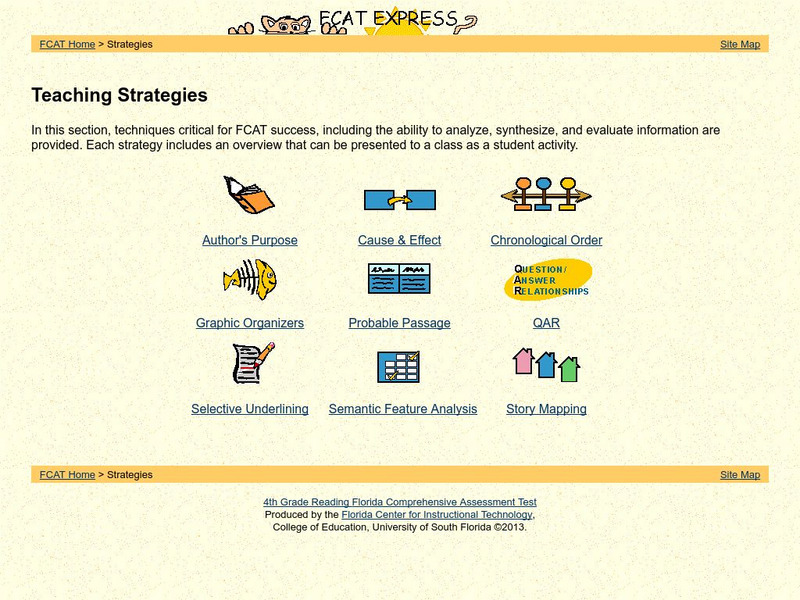



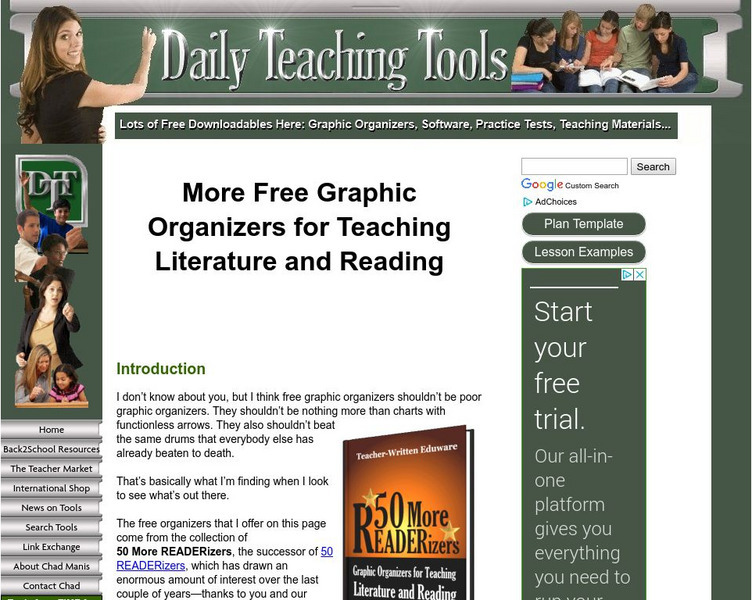


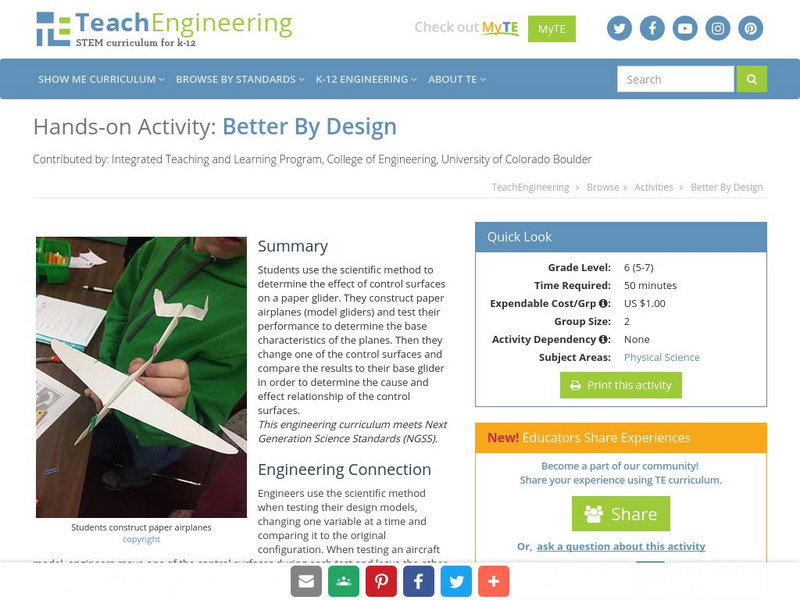
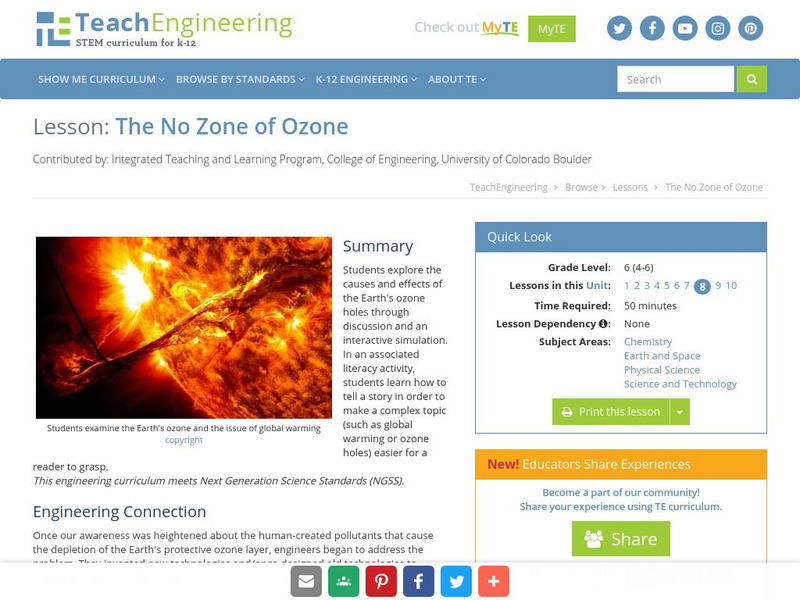
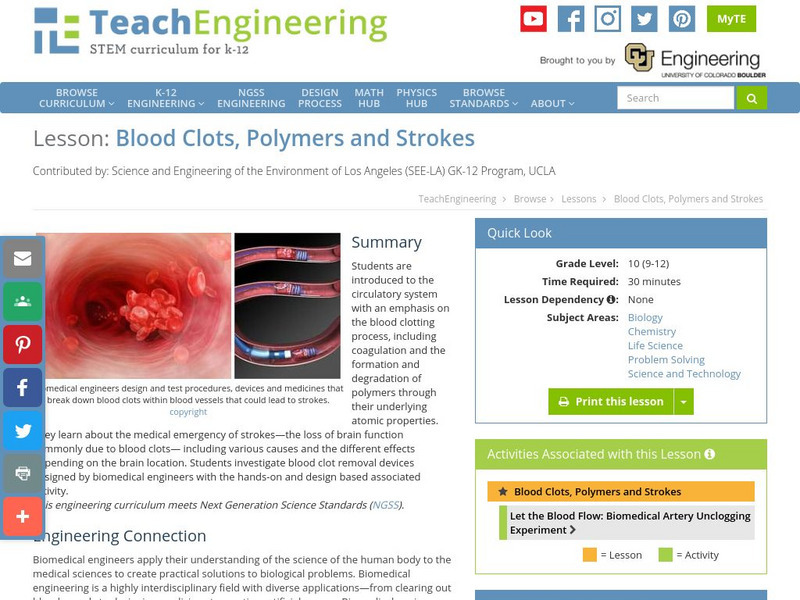



![Educeri: Compare & Contrast the Overall Structure in Two or More Texts [Pdf] Activity Educeri: Compare & Contrast the Overall Structure in Two or More Texts [Pdf] Activity](https://static.lp.lexp.cloud/images/attachment_defaults/resource/large/FPO-knovation.png)

